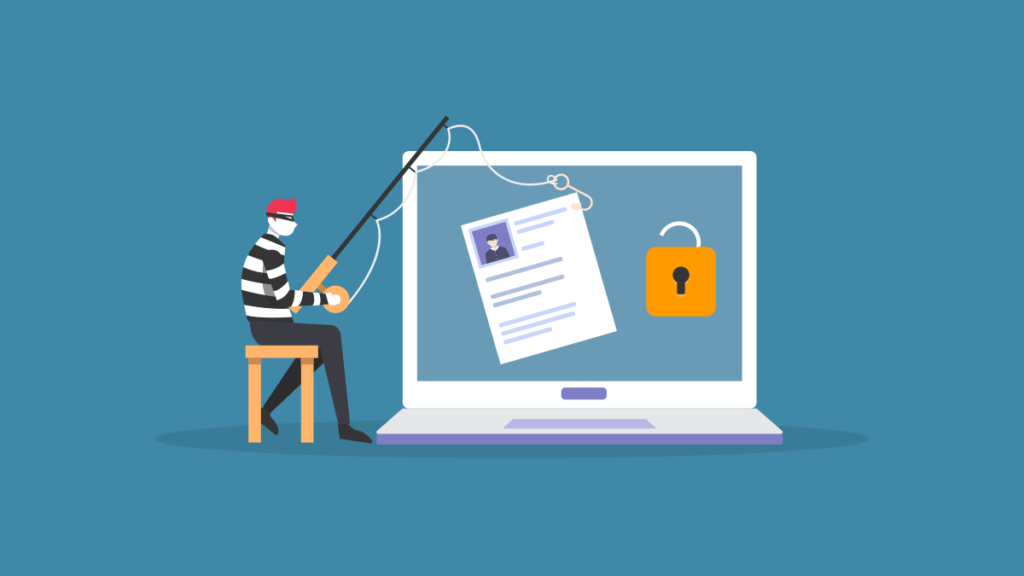How safe from hacking are you?

If you’ve been using the internet since it took off over 20 years ago, you will certainly be aware of ‘hacking’ but less aware perhaps, of how it has developed over time. Experts say that a new hack is deployed to businesses, organizations, or individuals every 40 seconds. We have all seen what we know to be an email hack and how we should avoid it but how savvy are we when it comes to avoiding social media hacks?
In the last few years, there have been multiple data breaches, many of which have been at the forefront of the media. I’m sure everyone remembers Facebook’s famous breach early last year – where many of us received a message to tell us our information and details had been compromised. There was also the LinkedIn hack done in 2012, which didn’t become apparent until 2016, when the hackers started to leak email addresses. Then, there was the time when millions of Instagram users were locked out of their account. Be sure that the list goes on and on.
According to stats website statista.com 81% of the US population have one or more social media accounts that are within breach. There are also smaller hacks attacking small scale businesses on a daily basis. It is estimated that around 44 data records are stolen per second.
Hacking actually comes with very little technical skill. So, if you’re sitting there thinking that hackers are code-breaking geniuses, think again. The idea is that the hacker uses techniques to encourage individuals to expose their information without much effort from their part. Much like technology and the internet, hackers are getting smarter and also developing new ways to hack people. Lately, hackers seem to be covering up attacks with seemingly innocent social media posts. Would you believe that this is how the pentagon was hacked in 2017! One employee clicked on a Twitter Link, which advertised a family friendly holiday, and just like that, Russian hackers gained access to a Pentagon official’s computer.
Sheera Frenkel writes in her New York Times article, “The human error that causes people to click on a link sent to them in an email is exponentially greater on social media sites… because people are more likely to consider themselves among friends.” If people do not expect a scam, they are obviously less prepared for a possible attack and do not see any warning signs. The majority of people use social media as a means to contact and keep up-to-date with family and friends, not seeing their profiles as valuable information or data treasure chests. Hackers are able to use contact lists to reach out to more new people. They are able to use interests or habits to target email phishing scams and they can even check your shopping history.
‘But why would anyone want to attack me?’, I hear you ask. Well, there are also numerous reasons for this ranging from someone getting revenge on a person who made them angry, to groups of hackers demanding ransom. Raconteur highlight the main reasons of why hackers hack.
While your Instagram profile filled with pictures of your adorable dog may seem innocent enough, protecting your data and online identity with a secure password can prevent a not-so-cute social media attack. Creating unique and secure passwords is the best way to secure your accounts. We know it is a lot to keep track of, but if you want your social media and other accounts as secure as possible, use a different password for every account. That way, if one account is hacked, the others will remain secure. Make sure each password has a combination of letters, numbers, and punctuation symbols. If you’re having trouble coming up with a “random” enough password, do a search for online password generators. Another great way to secure your accounts is to enable Two-Factor Authentication wherever possible. The key factor in this situation, is awareness. If you know that there is the potential for someone to gain access to your details – you will be more mindful to protect your information. Think of it like protecting your purse or wallet, if you feel that someone is going to steal your money, you’d hold it closer to you.
